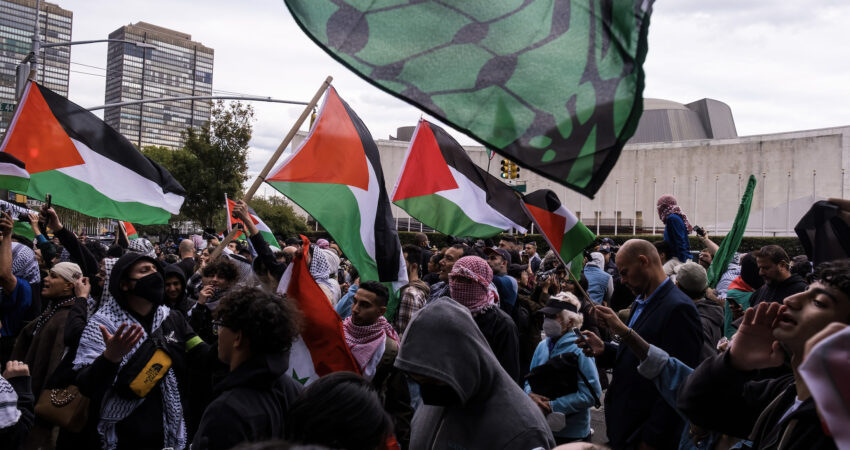The recent poll results indicating Palestinian sentiments toward a two-state solution, the attacks in October, and their aspirations for a nation offer little surprise to those aware of the political landscape. The notion of a clear dichotomy between moderate and extremist Palestinians has long been debunked, especially since Hamas, an extremist group, assumed power in the Gaza Strip in 2006 and subsequently employed aggressive tactics to maintain control, including violence against the Fatah Party.
Unsurprisingly, the poll conducted by Arab World for Research and Development encompassing 668 Palestinians from the West Bank and Gaza reaffirmed this narrative. The findings revealed substantial support for the attacks and a distinct lack of enthusiasm for a two-state solution, coupled with aspirations that include the annihilation of Israel. Even the view of Iran, with 64 percent expressing an unfavorable stance, hinted at complexities within Palestinian perspectives, possibly due to Tehran’s non-engagement in the conflict.
These sentiments pose a challenge to the prevailing narrative endorsed by Democrats, scholars, and experts, advocating for the coexistence of Israelis and Palestinians through a two-state solution. However, the resounding rejection of this idea by a significant portion of the Palestinian population underscores the substantial roadblock such an approach faces. Despite past opportunities and concessions made by Israel in pursuit of peace, the Palestinian leadership declined, ultimately resulting in a missed chance for progress toward a peaceful resolution.
The rejectionist stance adopted by a considerable segment of Palestinian society against a two-state solution, coupled with their apparent support for terrorism, raises serious doubts about the feasibility of reaching a peaceful coexistence with Israel. The notion of a two-state solution loses credibility when one party exhibits a proclivity towards extremist ideologies and violence, making genuine reconciliation seemingly unattainable as long as such sentiments prevail among Palestinians.





